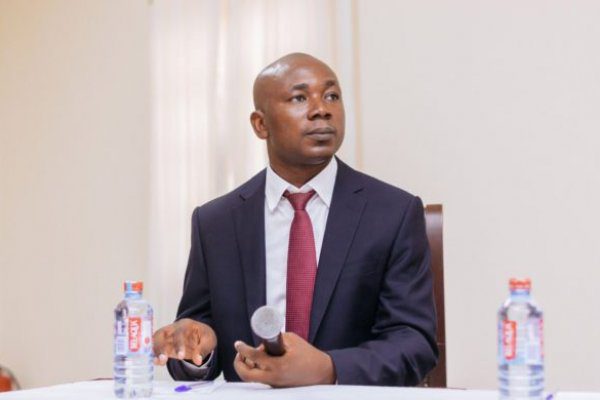
24-hour economy not feasible without stable power – Prof Bokpin
Economist and Professor of Finance, Godfred Bokpin has expressed doubts about the feasibility of the government’s proposed 24-hour economy policy, citing persistent inefficiencies in the country’s electric power sector.
Speaking on Joy FM’s Newsfile programme on Saturday, [May 17, 2025], Professor Bokpin said the current state of power supply makes it difficult to sustain basic operations, raising concerns about the viability of extending economic activity around the clock.
“We are not even getting power for our eight-hour economy,” he said in reference to ongoing power outages affecting various parts of the country. “So I suppose they [the government] will regret that particular promise because it doesn’t look like they can fulfil it.”
Professor Bokpin described losses in electricity distribution as a major challenge, noting that the Electricity Company of Ghana (ECG) records losses of about 40 per cent, well above international averages. According to him, such levels of loss make it difficult to charge realistic tariffs that reflect the cost of supply.
“Even 15 per cent is high, but 40 per cent is criminal,” he stated.
He added that revenue collection remains a concern, with nearly 15 per cent of billed electricity going unpaid.
He said this situation is compounded by non-payment from some ministries, departments and agencies, as well as installations that operate without meters.
Professor Bokpin questioned how a 24-hour economy could be supported under such conditions, adding that power supply disruptions affect all sectors regardless of political or social affiliation. “When your power goes off, it doesn’t discriminate,” he said.
He suggested the inclusion of private sector participation in electricity distribution and revenue collection to help address operational inefficiencies.
He clarified that this approach would not require privatising ECG entirely, as the government could still retain ownership while allowing private operators to handle specific functions.
“Government can still be the sole shareholder, but we need private sector efficiency,” he said. “There are procurement issues, revenue shortfalls and internal system weaknesses that need to be addressed.”
Professor Bokpin also called for clarity on the government’s position regarding ECG under the International Monetary Fund (IMF) reform programme.
He said the Cabinet is expected to take a decision on the role of private participation, and that any such decision should be communicated clearly to the public to avoid confusion.
“Ghana needs help. We cannot continue with this model,” he said. “There must be reforms if the energy sector is to support economic transformation.”